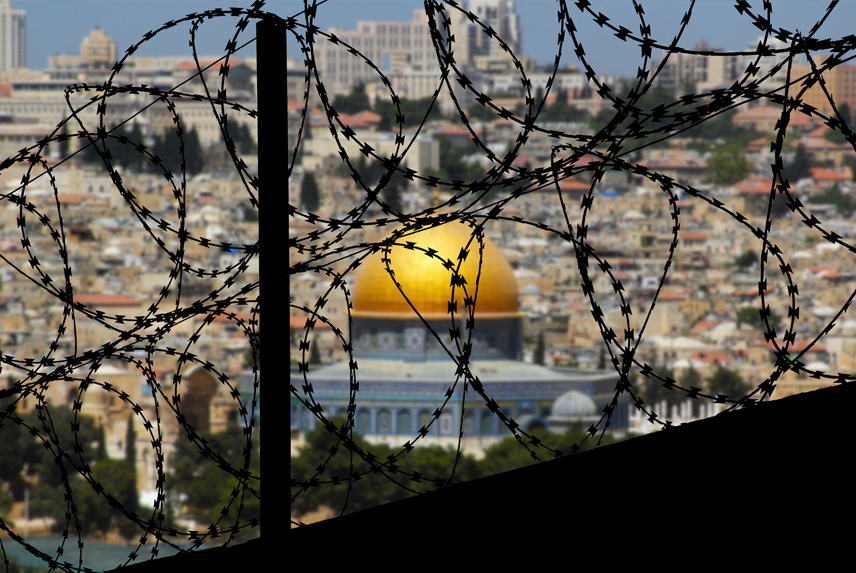
Posted On : Dec 14 2020
Al-Aqsa Martyrs Brigade (AAMB): The Complex History of a Militant Group
The Al-Aqsa Martyrs Brigade (AAMB) is a Palestinian militant organization that has played a prominent role in the Israeli-Palestinian conflict for over two decades.

Known for its involvement in acts of violence and terrorism, AAMB has a complex history rooted in the ongoing Palestinian struggle for statehood and self-determination. This article aims to provide an overview of AAMB's origins, objectives, and the challenges it poses to peace efforts in the Middle East.
AAMB emerged during the Second Intifada (Palestinian uprising) that began in 2000. The group primarily comprises members of Fatah, the dominant Palestinian political faction led by the late Yasser Arafat. It was formed as an armed wing of Fatah and operated with the goal of resisting Israeli occupation and retaliating against Israeli military actions in Palestinian territories.
AAMB's stated objectives have centered on resisting Israeli occupation and achieving Palestinian self-determination. The group has used a combination of armed attacks, suicide bombings, and other forms of violence as a means to pressure Israel and gain international attention. While AAMB claims to be fighting for Palestinian rights and independence, its tactics have often been condemned as acts of terrorism.
Throughout its existence, AAMB has carried out numerous attacks against Israeli military forces and civilians. These attacks have included suicide bombings, shootings, and rocket launches from Gaza into Israeli territory. AAMB has been responsible for the deaths and injuries of both Israelis and Palestinians, perpetuating a cycle of violence that has plagued the region for decades.
The Al-Aqsa Martyrs Brigade has been designated as a terrorist organization by several countries, including the United States, the European Union, and Israel. These designations have led to restrictions on AAMB's activities and finances, making it more difficult for the group to operate openly.
AAMB has faced internal challenges and fragmentation over the years, with different factions operating semi-independently in various regions of the West Bank and Gaza Strip. This has made it challenging for any central leadership to exert control over the entire organization. The group's association with Fatah has also led to tensions within the political faction.
The continued existence and activities of AAMB pose significant challenges to peace efforts in the Israeli-Palestinian conflict. The group's use of violence undermines diplomatic negotiations and contributes to a cycle of retaliation between Israelis and Palestinians. AAMB's attacks have often derailed attempts at achieving a lasting and peaceful resolution to the conflict.
The future of AAMB remains uncertain, given its internal fragmentation and the changing dynamics of the Israeli-Palestinian conflict. As peace efforts persist, some members of AAMB have advocated for political engagement and non-violent resistance. However, hardline factions continue to resort to violence as a means of expressing their grievances.
The Al-Aqsa Martyrs Brigade (AAMB) is a Palestinian militant organization with a complex history rooted in the Israeli-Palestinian conflict. While it purports to be fighting for Palestinian rights and independence, its use of violence has often been condemned as terrorism. AAMB's designation as a terrorist organization and internal divisions have made its future uncertain. However, as long as the Israeli-Palestinian conflict persists, AAMB's actions will continue to pose challenges to peace efforts in the region, underscoring the need for a comprehensive and sustainable resolution to the long-standing conflict.
No Comments Added




















